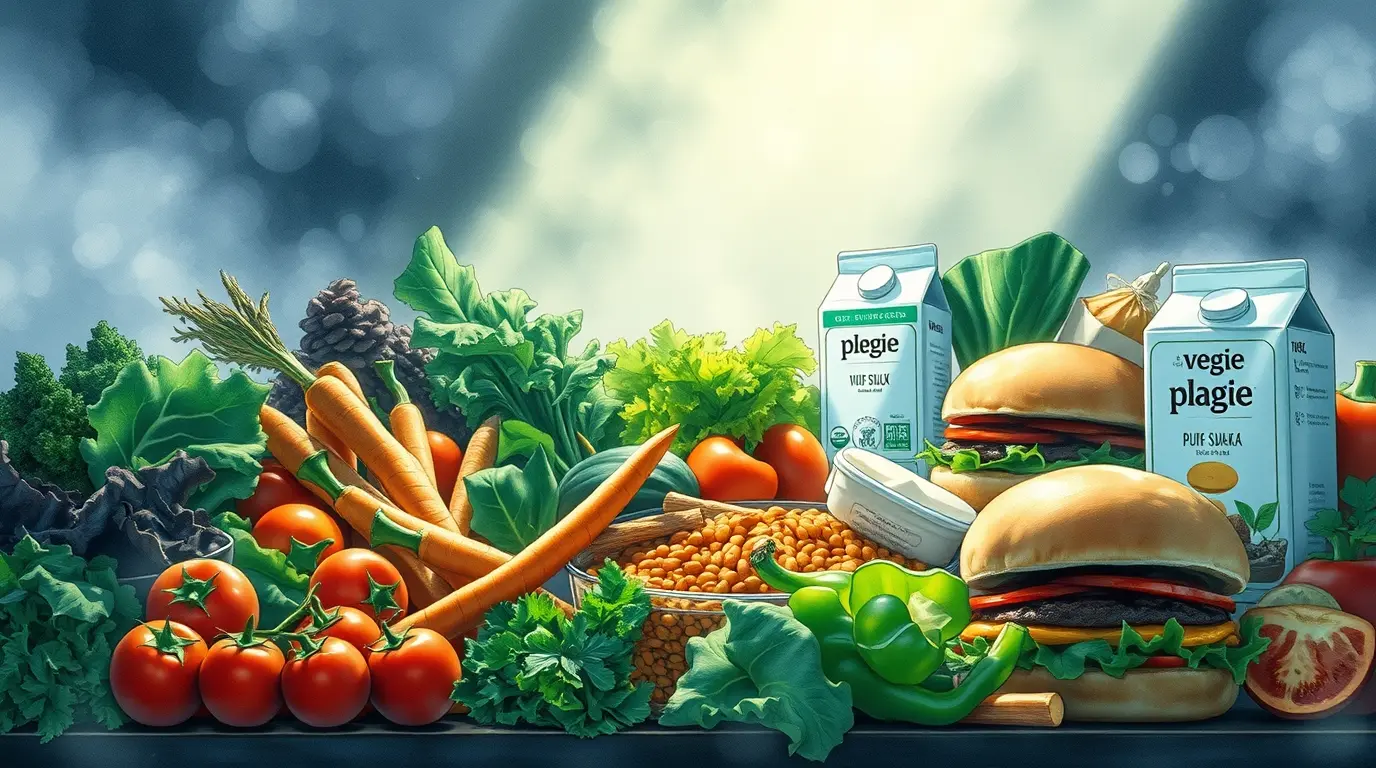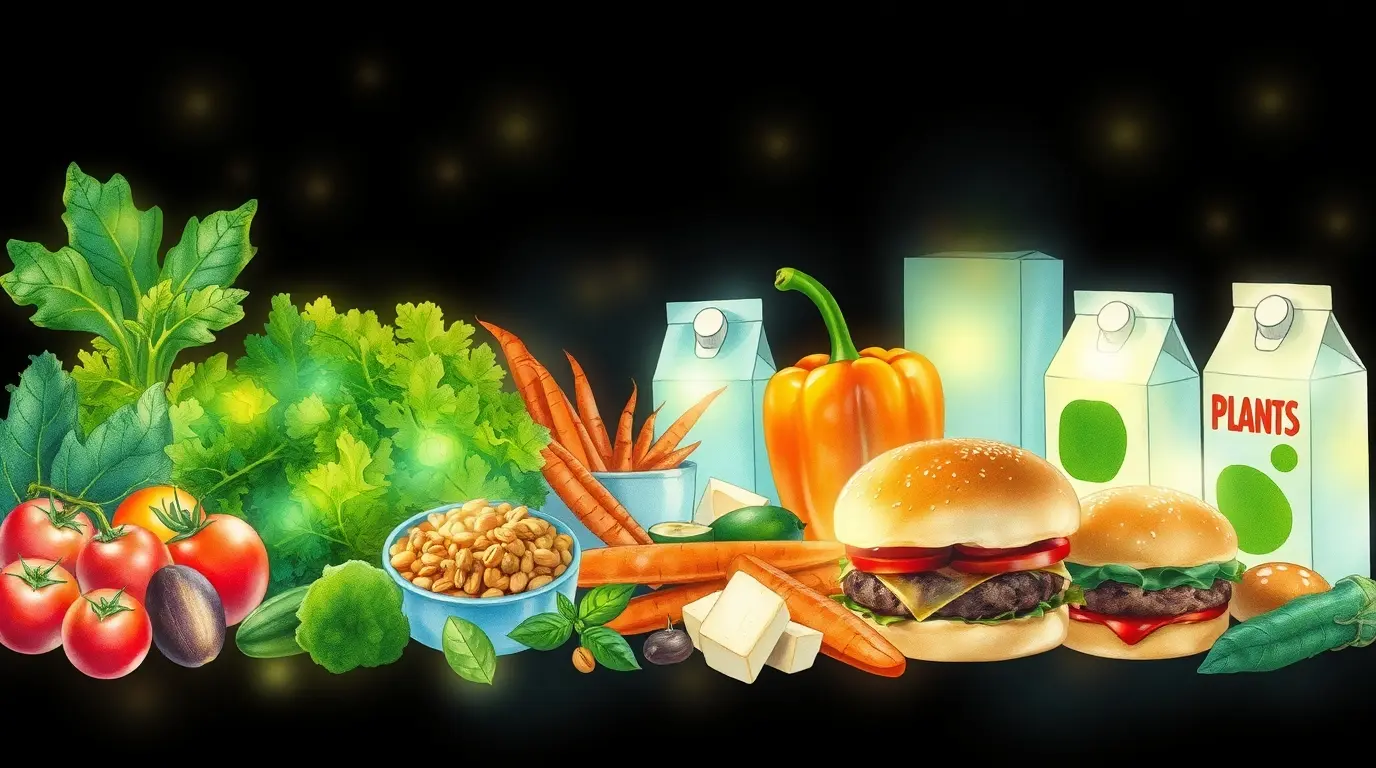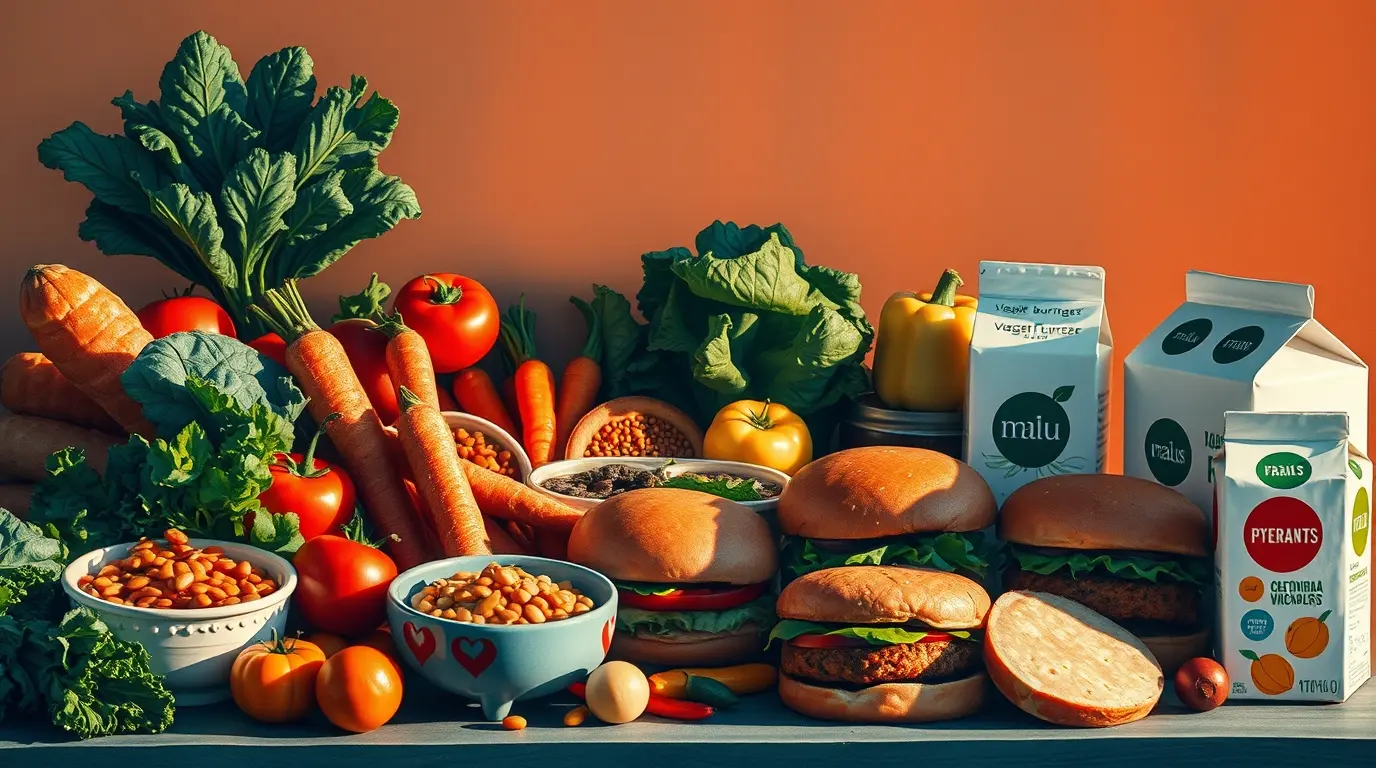Introduction:
As we move further into 2025, the shift towards plant-based diets continues to grow at an impressive pace. With increasing awareness around sustainability, health, and animal welfare, more consumers are opting for plant-based foods than ever before. This change is not just a passing trend; it is reshaping the entire food industry. From restaurants to grocery store shelves, plant-based alternatives are becoming a mainstream option that is here to stay.
Key Impact Areas:
Food Product Development:
The food industry has witnessed an explosion of plant-based product offerings, ranging from meatless burgers to dairy-free alternatives. Companies are responding to consumer demand by innovating and expanding their plant-based product lines. As a result, traditional food companies and new startups alike are racing to create healthier, sustainable alternatives to animal-based products.
Supply Chain and Sourcing:
With the demand for plant-based ingredients growing, companies are investing heavily in sustainable farming practices, sourcing plant-based proteins like pea protein, soy, and lentils. This shift also supports local farming and helps reduce the environmental impact of livestock farming, aligning with eco-conscious consumers' values.
Health and Wellness Focus:
Plant-based diets are increasingly recognized for their health benefits, such as reducing the risk of heart disease, diabetes, and obesity. The rise in plant-based eating has contributed to the growth of food products that cater to health-conscious individuals, from nutrient-dense plant-based snacks to fortified non-dairy beverages.
Food Manufacturing and Technology:
Advances in food technology are making plant-based food production more efficient, cost-effective, and scalable. Companies like Beyond Meat and Impossible Foods are at the forefront, using innovative techniques to create plant-based products that closely mimic the taste and texture of animal products. This progress is making it easier for consumers to switch to plant-based options without sacrificing taste or convenience.
Market Growth and Investment:
The rise of plant-based eating has attracted significant investment from venture capitalists and food industry giants. This influx of capital is helping fuel the growth of plant-based startups and expanding the reach of plant-based products worldwide. In 2025, plant-based foods are no longer niche—they are a billion-dollar industry poised to reshape the future of food.
Conclusion:
The plant-based food revolution is transforming the food industry in 2025. From product innovation to sustainable sourcing and health-conscious options, plant-based diets are more than just a trend—they are a movement that is fundamentally altering the way we think about food. As more consumers embrace plant-based eating, the food industry will continue to evolve, offering exciting new choices that align with our values of health, sustainability, and ethical consumption.




How is the rise of plant-based diets impacting the food industry in 2025?